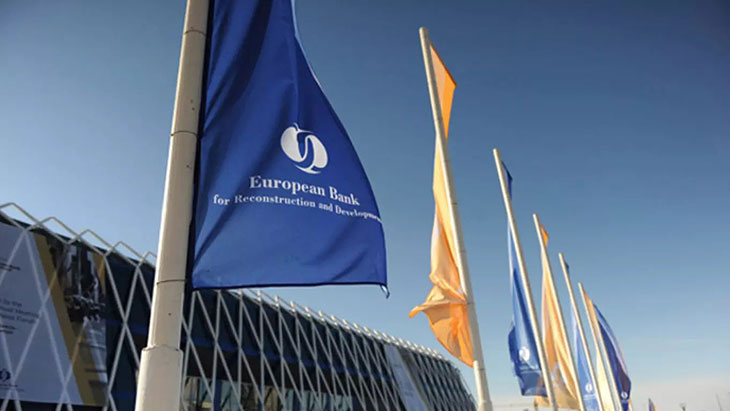The Republic of Moldova will contract a loan of 30 million euro from the European Investment Bank (EIB) and another loan for a similar amount from the European Bank for Reconstruction and Development (EBRD), as well as a grant of 15 million euro, offered by the European Commission’s Neighborhood Investment Platform, for the implementation of an energy efficiency project. The Ministry of Infrastructure and Regional Development proposed for public consultations a draft decision of the Government regarding the initiation of negotiations on financing contracts, IPN reports, according to stiripesurse.ro.
The main category of beneficiaries of the energy efficiency project will be public institutions, namely those of social purpose, such as hospitals, kindergartens and schools.
“Following the implementation of the project, citizens will have access to quality services in better conditions, given that the main categories of buildings to be rehabilitated are those for social purposes. Thus, only by rehabilitating the hospital institutions included in the short list of the project, it is estimated that annually 250,000 patients will benefit from high quality services (given that energy efficiency interventions in a building involve ensuring thermal comfort in the building),” says the authors of the project.
The project provides for the improvement and rehabilitation of building insulation, heating, ventilation and air conditioning systems, implementation of lighting systems, heat distribution and integration of renewable energy resources, when this is technically allowed. “Furthermore, the aim is to improve the interior comfort of buildings, reduce CO2 emissions, thus mitigating the impact on climate change.”
The total budget of the project is 75 million euro, with an implementation period of four years (2022 – 2025).
